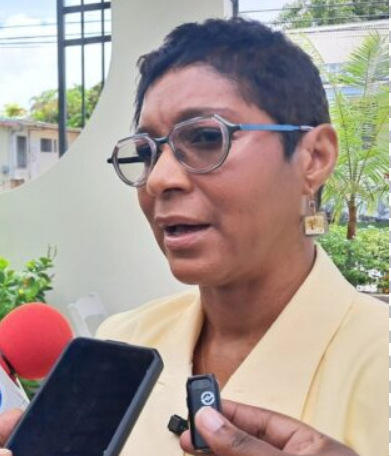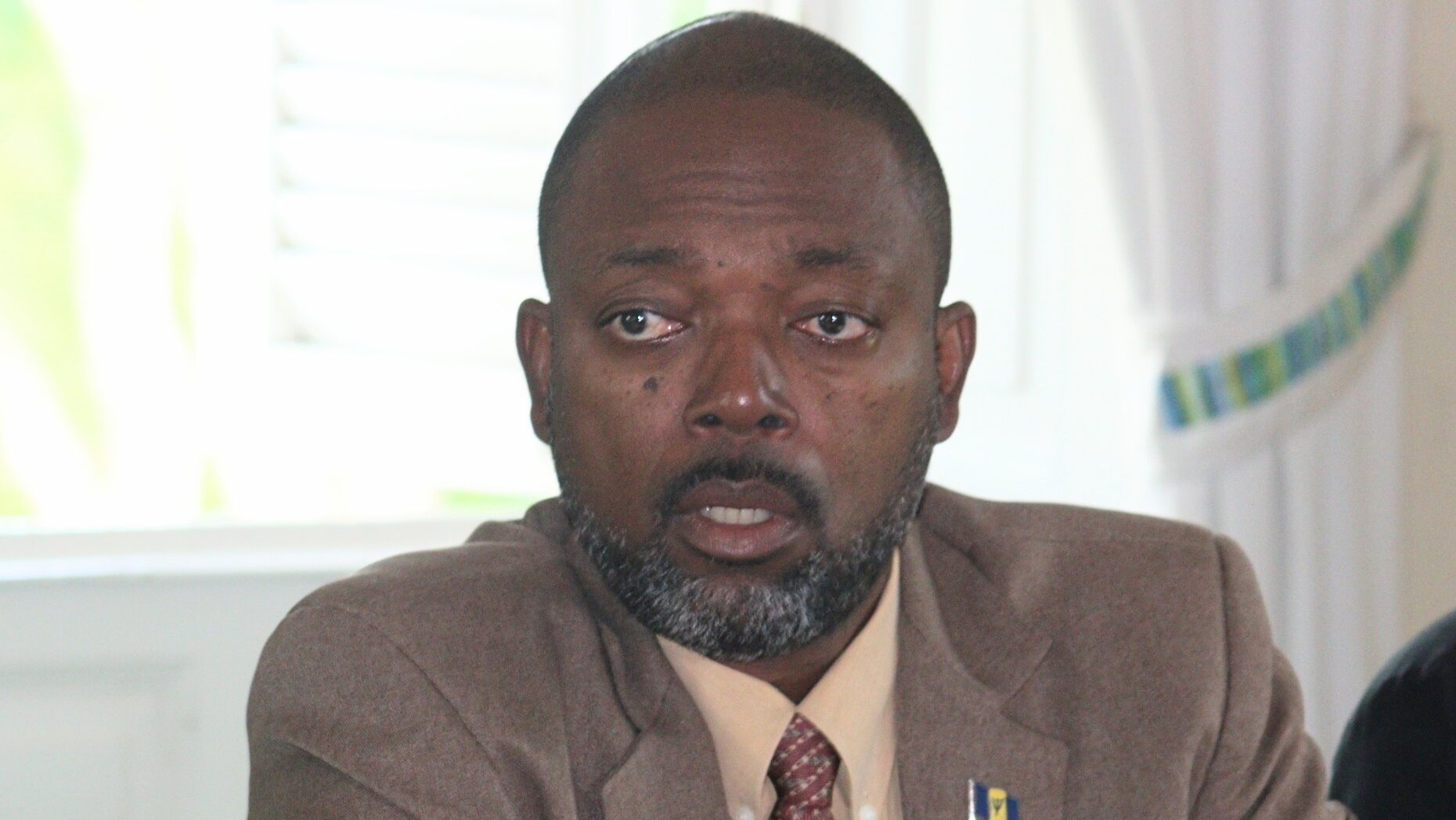The General Insurance Association of Barbados (GIAB) revealed on Tuesday that insurers have disbursed approximately $184,000 in claims stemming from November’s catastrophic floods, which claimed one life and inflicted widespread destruction across the island. GIAB President Andrea Walton confirmed that 60 total claims were processed through the association’s secretariat, comprising 47 motor vehicle claims and 13 property damage claims.
According to insurance officials, no additional claims are anticipated at this juncture, given that the most severely affected zones were confined to specific regions. The historic deluge, described as the most severe in a decade, resulted in the tragic death of 58-year-old Terry Kellman and caused extensive vehicular devastation, with numerous automobiles either washed away or deemed total losses.
Kellman tragically perished after losing his footing along Lower Estate Road as torrential waters transformed the Charles Rowe Bridge into a raging river. His body was recovered approximately 24 hours after the initial flooding incident.
Anton Lovell, General Manager of Cooperatives General Insurance, provided sobering assessment regarding submerged vehicles, stating that complete write-offs were inevitable regardless of insurance coverage. “When vehicles become fully submerged, recovery becomes impossible. These cases represent total losses—even luxury vehicles like Mercedes suffered irreparable water damage,” Lovell explained in post-flood evaluations.
Despite the devastation, Home Affairs Minister Wilfred Abrahams extended commendations to first responders who conducted rescue and recovery operations throughout the night. During damage assessment tours of St. Peter and St. Lucy parishes alongside emergency personnel, Abrahams emphasized the unprecedented scale and velocity of the flooding event.
The Minister detailed particular devastation around Charles Rowe Bridge, where multiple vehicles were swept away—some traveling from as far as St. George Parish Church before accumulating near the Chefette junction. Meteorological authorities confirmed that engineering solutions would have proven insufficient against the extraordinary rainfall intensity, with certain areas receiving up to nine inches (228.6mm) within 24 hours.
Abrahams relayed the Met Office’s professional assessment: “The volume of precipitation within such condensed timeframe would have overwhelmed even world-class infrastructure. Water accumulated in elevated parishes and cascaded downward—our focus must remain on post-event mitigation strategies.”









